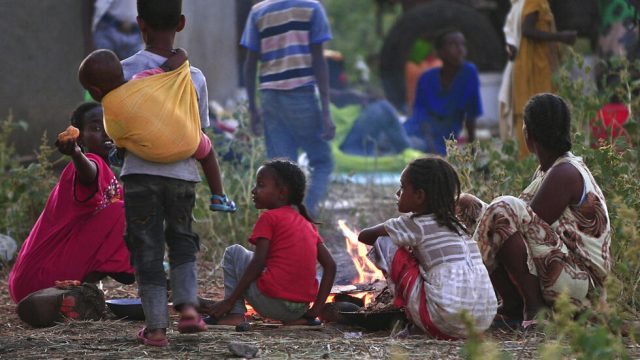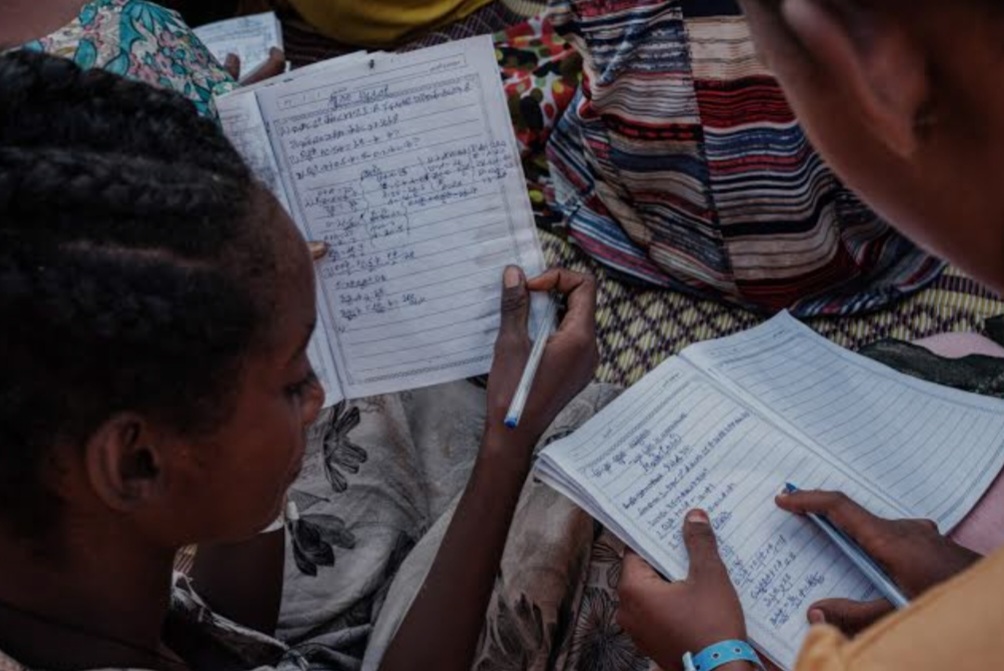Major Poverty and War Challenges Affecting Children in School Health Programs in Ethiopia
Ethiopia, a country rich in history and culture, has been grappling with significant challenges, including poverty and conflict. These factors have a profound impact on children’s education and well-being, particularly in the context of school health programs.
Poverty
- Malnutrition: Poverty often leads to malnutrition, which can impair children’s growth, cognitive development, and immune systems.
- Limited Access to Healthcare: Children from impoverished families may lack access to basic healthcare services, including vaccinations, treatment for common illnesses, and preventive care.
- Child Labor: Poverty can force children into child labor, preventing them from attending school and accessing essential health services.
War and Conflict
- Displacement: Conflict can displace families, disrupting children’s education and access to healthcare facilities.
- Trauma: Children exposed to war may experience psychological trauma, affecting their learning and development.
- Destruction of Infrastructure: Conflict can destroy schools, healthcare facilities, and other essential infrastructure, making it difficult to provide education and health services.
Impact on School Health Programs
- Reduced School Attendance: Poverty and conflict can lead to decreased school attendance due to malnutrition, illness, and displacement.
- Limited Resources: Schools in areas affected by poverty and conflict may have limited resources to implement effective school health programs.
- Safety Concerns: Children attending school in conflict zones may face safety risks, hindering their ability to benefit from health services.
Overcoming Challenges
Despite these challenges, it is crucial to prioritize the well-being of children in Ethiopia. Here are some strategies to address the impact of poverty and war on school health programs:
- Strengthening School Health Infrastructure: Investing in school health facilities and providing necessary equipment can improve access to healthcare services.
- Community-Based Approaches: Engaging local communities in the design and implementation of school health programs can ensure cultural relevance and sustainability.
- Emergency Response Planning: Developing emergency response plans can help schools and communities cope with the immediate needs of children during conflicts.
- Advocacy and Policy Change: Advocating for policies that address poverty, conflict, and children’s rights can create a mo
 re favorable environment for school health program.
re favorable environment for school health program.


